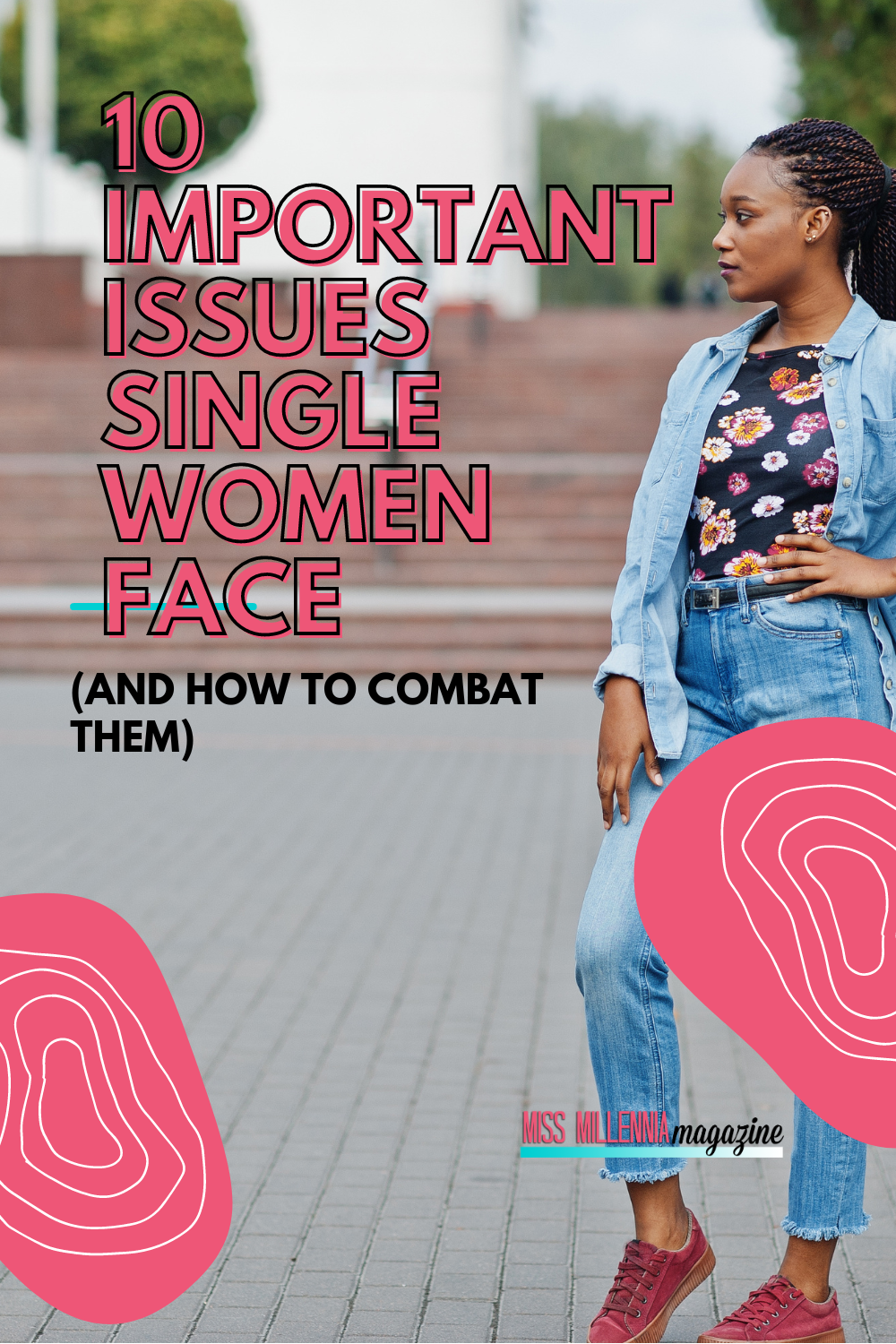Forgive! For Your Health’s Sake
As the month of June comes to a close and we conclude the Health and Fitness issue, I believe it is highly important to leave you readers with not only tips on how to maintain physical health, but mental health as well. Of course the two can also be connected, as is the case with forgiveness.
Unresolved conflict comes with a host of different scenarios. A conflict could be unresolved because one party refuses to comply, all parties refuse to comply, a death of either party occurs or many others reasons. The personal long-term health effects of unresolved conflict include effects on mental health (e.g. depression, eating disorders, being abusive towards others, alcoholism, anxiety, etc.), illnesses associated with stress (e.g. cancer, heart disease, chronic pain, etc.), and relationship stressors (e.g. selfish demands, disrespectful judgments, angry outbursts, etc.).
Forgiving someone can help reduce health risks that can be caused by unresolved conflict. Unresolved conflict can arise from not forgiving, but a conflict can be internally resolved through forgiveness. In other words, forgiving for your own sake helps release you from the person and the offense. It is better to forgive than to develop a tight grasp on pent-up anger.
To forgive someone means to put away one’s hurt feelings and let go of any negative thoughts toward the offender. If a person forgives their offender, it means that they are willing to look past the wrong that was done.
It is possible to have forgiveness without reconciliation, meaning it is possible to let go of the offense without the other person responding the way you would like them to. If you put forth effort to rebuild the relationship, but the person isn’t budging, there’s nothing you can do about how the other person responds. You can’t make someone apologize sincerely. Your work is done once you apply forgiveness to your life.
We all know that forgiveness is one of those things that are easier said than done, but luckily, many specialists have dedicated their time to compiling forgiveness steps for those who are hurt. Below is the six phase process derived from Beverly Flanigan’s book Forgiving the Unforgivable that can help you on your journey:
1. Naming the injury: This helps the party interpret the meaning of the injury and his or her beliefs about it.
2. Claiming the injury: This helps the party stop fighting or running away from the injury.
3. Blaming the injurer: This means to conclude that someone is accountable for causing something wrong to happen.
4. Balancing the scales: Has the effect of restoring to the forgiver some of the power or resources that he lost because of the injury.
5. Choosing to forgive: This is seen as the pivotal point.
6. The emergence of a new self: This means the offended has given away all hurt and experienced a conversion.
Follow some of these steps when working through forgiveness, whether you are forgiving yourself or someone else.








